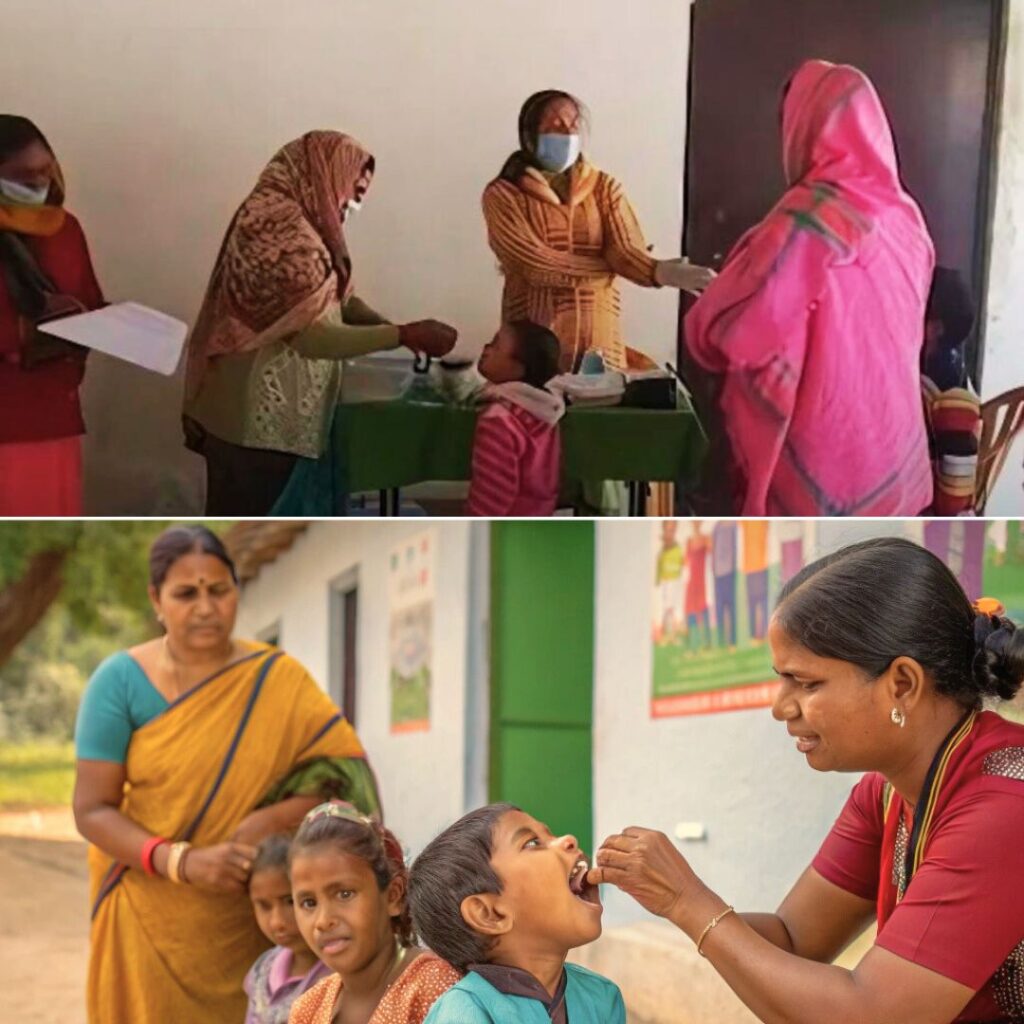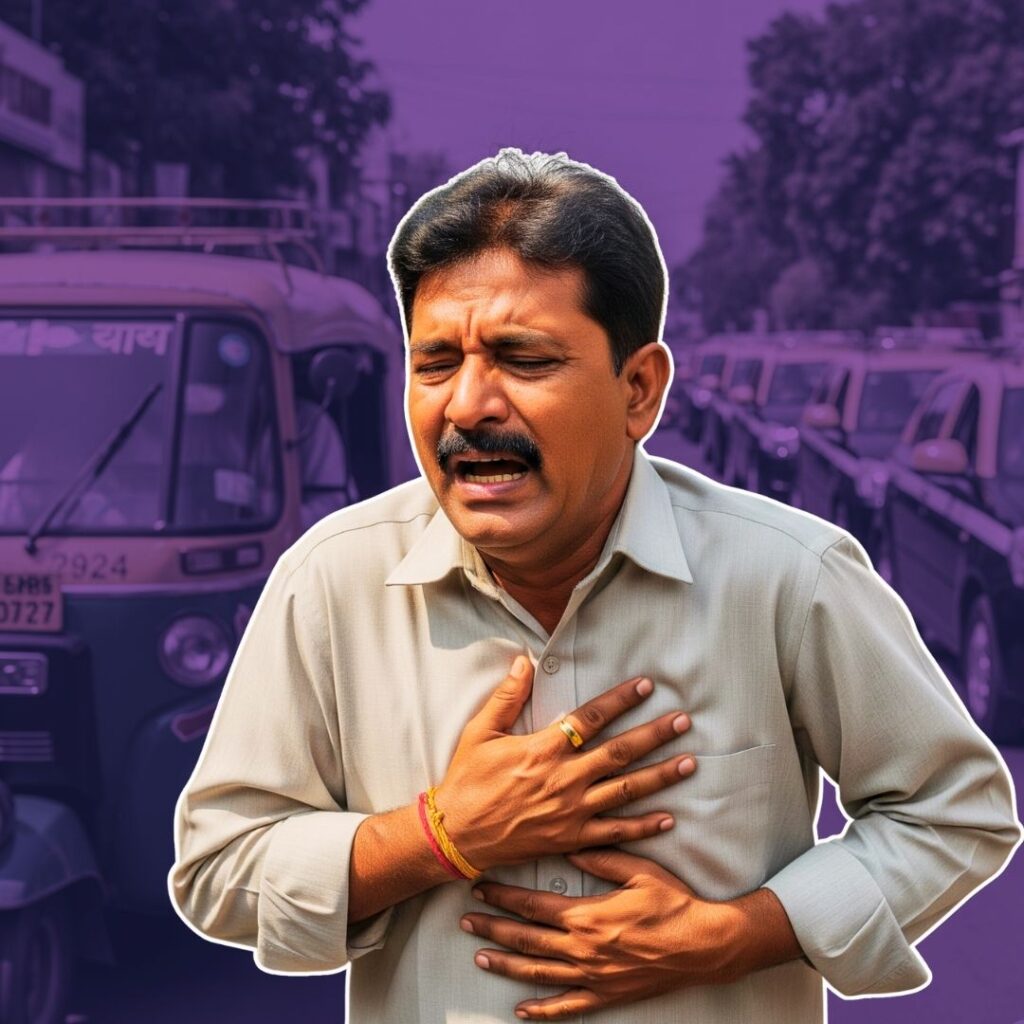“ Modernity is qualitative, not a chronological category.” – Theodor Adorno
Concerns about the environment have become almost commonsensical to us in this modern day and age. Summits are being held, protests are being organised, panel discussions are taking place but very often, the cause of the problem is not taken care of. One wonders if now is the time to rethink and revisit ideas like those of ‘modernity’ and ‘progress’ in a new light.
The Logical Indian had the opportunity to talk with Kavitha Kuruganti, the convener of the Alliance For Sustainable And Holistic Agriculture (ASHA) and a pioneering figure in the sector of sustainable and holistic agriculture. In an exclusive interview, she speaks of her early days, her inspirations, how she was steered into this direction, the various obstacles that were encountered and how she coped with all of that.
Her inspiration for sustainable agriculture
Alliance For Sustainable And Holistic Agriculture (ASHA) is responsible for bringing about significant changes in the agricultural scenario of India. However, when asked if she had any familial connections with agriculture, Kavitha amusedly says, “Oh no! None at all. In fact, both my paternal and maternal sides of the family are not associated with agriculture for almost the last three generations, unfortunately.”
So the inevitable question that followed was how she got interested in this field. Kavitha had a fascinating story to share in this context.
She fondly remembers her college days, when she was studying communication at the Central University of Hyderabad. In her third semester, Kavitha was part of a research project which was carried out in collaboration with the Deccan Development Society. Her area of field work was the Medak district in the state of Telangana.
Kavitha’s perspective was largely shaped by the works of PV Satish, her professor and one of the founding members of the Deccan Development Society.
She said, “It was here that I had the opportunity to meet a group of ‘apparently’ poor, rural Dalit women; interactions with them were eye-opening for me, and it was then that I decided to take up this work seriously.”
Kavitha tells how she had come across a group of women in Medak who were poor financially but were rich in traditional (read alternative) knowledge system and worldview. “They had enormous knowledge in both local healthcare and agricultural practices, especially millet centred farming systems,” she recalls. “Their in-depth knowledge about seasonal cropping and their reasons for cultivating a particular crop in a given time was impressive.”
The women served as a great source of inspiration for her, so much, so that young Kavitha packed her bags right after she finished her post graduation exams to go live in Pastapur village. The Deccan Development Society has its headquarters in that village and Kavitha had now started working full-time with this organisation. “That is how I began my journey in the agricultural sector,” said she.
She has no qualms in accepting that her knowledge of the alternative agricultural systems, a whole new worldview was shaped because of her ground-level work that she had carried out in her early days in Medak. She was initially involved in grassroot-level work that work was targeted at 75 villages.
Kavitha differs with mainstream notions about agriculture-related issues
Drawing from her experience at the Deccan Development Society, Kavitha said, “Both the outsiders and the Dalit women in the villages had come to a conclusion through various analysis that the notion of food security as seen by the policy-makers is not a feasible one.”
She points out how the Green Revolution had completely miscalculated the repercussions it would have in the entire country. “The celebrated move of Green Revolution was supposed to solve the problems of food shortage, but it had long-term devastating impacts on India which were overlooked at that point of time. States of Punjab, Haryana, Uttar Pradesh, Thanjavur, West Godavari were the pockets which were supposed to intensify their rice and wheat production and supply it to the rest of the country. However, after decades of Green Revolution, it is common knowledge that those ideas of food security had not been successful,” she added.
Kavitha has been a part of an alternative Public Distribution System which was funded by the Indian government. “This public distribution system was completely millet-based in nature and benefitted local areas. In the early 1990s, jowar and bajra were being distributed, and through this measure, fallow lands in that place could be reclaimed. Millet consumption increased through this alternative distribution system,” she said.
Kavitha aims at showcasing the changes that need to be taken into account while making public policies. “It was prominently showcased in the 1996 Rome Summit that talked about crop diversity, alternative public distribution system and related …











